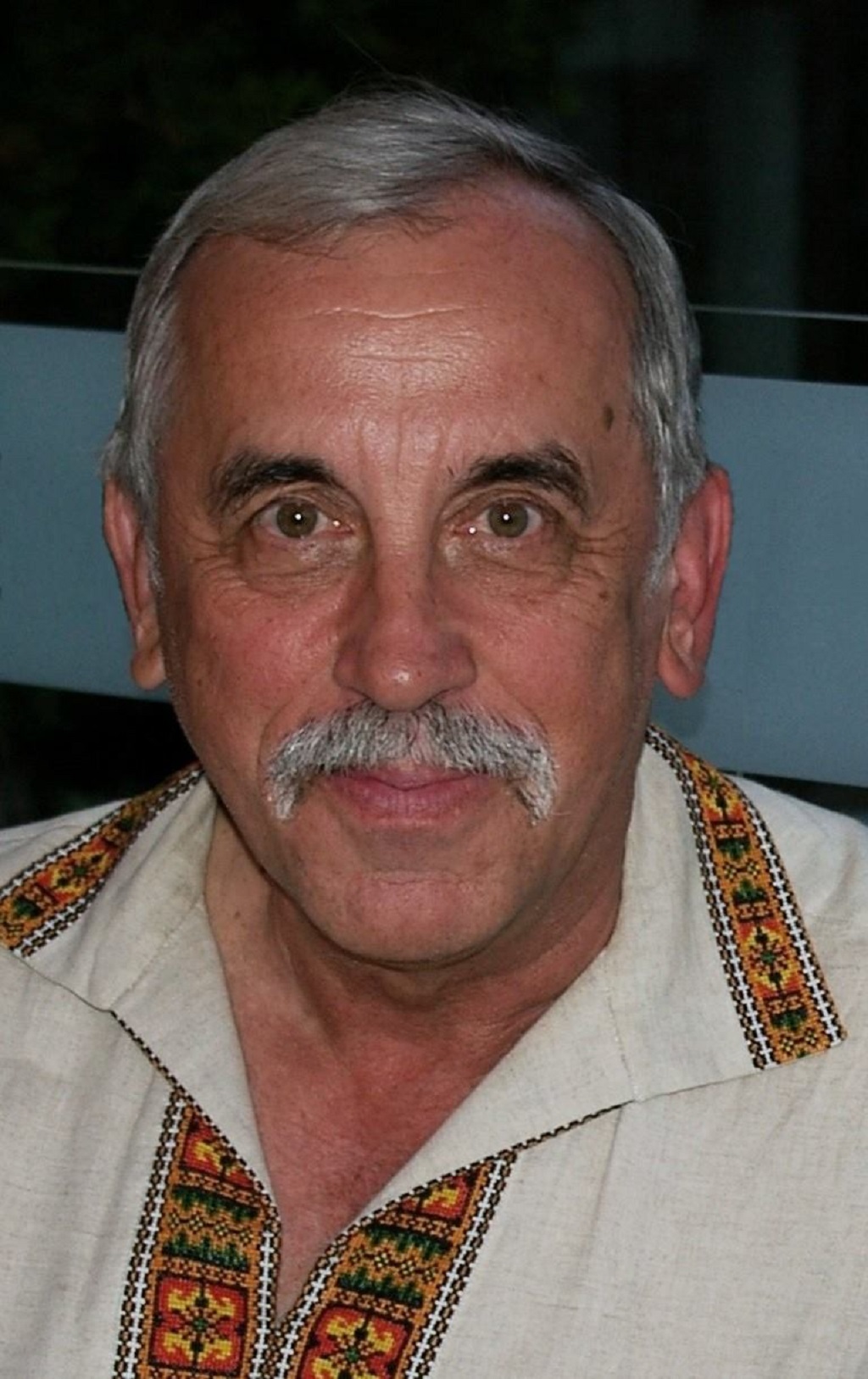Volodymyr Kish.
As a writer, words are a particularly important aspect of my day-to-day life. During my now numerous decades of existence I have accumulated a sizable store of words and am proud of the extent of my vocabulary. It not only helps me communicate better with other people, but it also enables me to formulate my ideas, beliefs and critical judgments with more clarity and precision than would otherwise be possible. Until recently, my proficiency at using words has served me well, though of late, I am becoming increasingly aware that my words are starting to fail me.
The reason for this is the growing realization that words and their usage and meaning are not static, but change dynamically over the course of time. Words and expressions that were widely used and were the norm in standard conversation a decade or two ago, are now frequently judged to be unacceptable or are deemed politically incorrect. One common example of this is the use of the term “Indians” to refer to the indigenous populations of North America. This word is now non grata in any context, and understandably so when you consider the historically inaccurate context from which it originated.
Unfortunately, there is more than a little confusion and disagreement over what should replace it. A number of alternatives have been suggested including Aboriginals, First Nations and Indigenous amongst others. This is further complicated when you get more specific regionally and you run into terms such as Metis, Inuit or Nunavimiut. I can sympathize with the frustrations these people feel when they are referred to by names that deny them their rich histories and identities. It is like people referring to us Ukrainians as Russians.
In the U.S. there is continuing debate over how to refer to people of colour. For a long time, the commonly used term was Negro or its various pejorative diminutives. Since then, various alternatives have arisen, including blacks, coloured and African-American. So far there is no real consensus on what is most preferred or least offensive. Interestingly, the term coloured is comically ironic, since scientifically, black denotes the absence of colour.
There are many similar examples. I was recently justifiably chastised by my eldest daughter for using the term Orientals in referring to people from the Far East. The proper term she pointed out was Asians. In a similar vein, a writer friend of mine pointed out that I should not use the term alcoholic to refer to someone with a drinking problem, but rather say that they are suffering from alcohol addiction or disease. As she rightfully pointed out, it is not who they are, but what they have or are afflicted with. That distinction is important.
Another large minefield in contemporary society is the complex world of gender identity. How does one refer to folks that are part of the LGBTQ spectrum without causing offense. Our current collection of pronouns dealing with a person’s sex or gender has proven to be quite inadequate and become a subject of much heated debate. He, she, and they are no longer sufficient in dealing with trans-gender, bi-sexual, dual-spirit, and all the other variations that have now emerged and are demanding to be recognized on equal terms with traditional binary identities.
The problem with all of this for someone of my age, is that a large proportion of my vocabulary has become deeply ingrained through many decades of usage in a different time and context, and change does not come easy. If I use a term that is “politically incorrect”, it is not because I am prejudiced, harbour any ill will or wish to offend. It is simply that in the flow of conversation certain words and phrases will emerge almost subconsciously or automatically because they are part of rote memory. I have in the past, and many of my peers still, react defensively, asserting that is the way I have always used these words in the past, and I bear no ill-will, so why should I change?
The reason of course is quite simple. Once you become aware that a certain behaviour is insulting, demeaning or offensive to someone else, not making a conscious decision to change that behaviour puts you on the wrong side of the moral/ethical fence. If I do something that hurts someone else, even if I had no conscious evil intent or ill-will, I should learn from the experience and strive not to repeat it. I am “my brother’s keeper”, and I should render proper respect to all of my brothers and sisters regardless of ethnicity, colour, origins or culture.
We should always be conscious of the effect our words have on other people, and adapt what we say or how we say it so as to foster harmony instead of division, inclusion instead of ostracization, and understanding rather than superficial labeling.
Share on Social Media


































